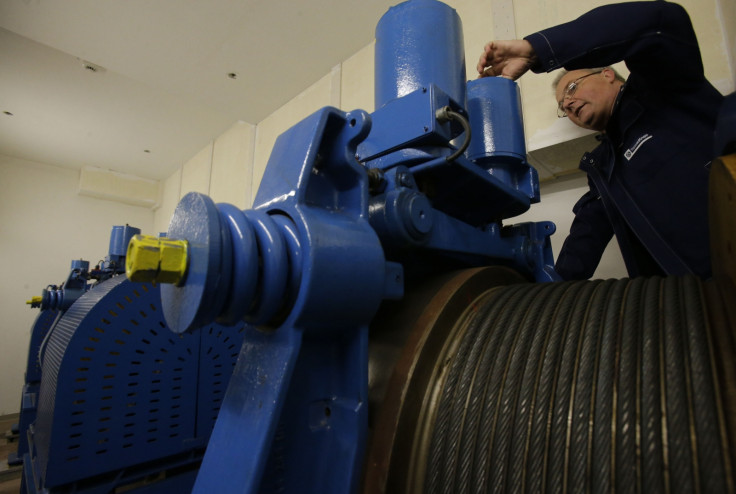Germany to Lose Quarter of Russian Exports Because of Sanctions

A German industrial group has predicted that the country's exports will decline by between 20% and 25% because of mutual economic sanctions by the EU and Russia.
The Committee on Eastern European Economic Relations (OST), a business lobby group, warned that the economy could be set to lose 50,000 jobs by the end of the year, should the sanctions remain in place.
Germany is Europe's largest exporter to Russia and prior to the sanctions regime, provided the country with much of the high tech equipment used in its energy and extractive industries. There has been an embargo placed on the export of these goods by the EU.
The OST cites figures from the Federal Statistical Office which show that German exports to Russia fell by 15.5% in the first half of 2014, leaving a €2.8bn hole in the economy. Falling exports to Ukraine took €800m from the German economy.
The OFT chairman Eckhard Cordes said that there are "significant uncertainties" among German companies around what can and cannot be exported to Russia. Often a finished machine will not be sanctioned, whereas some of the components used in its manufacturing are.
"This uncertainty and increasing delays in delivery cause Russian customers to look around for suppliers from other countries. We must fear that large parts of the Russian trade will move towards Asia or Latin America," Cordes said.
This is one of the most extreme warnings to have been issued on the German economy since the sanctions came into effect. Most analysts align in the view that Germany will suffer, but that the pain will be temporary and that it won't be a huge drag on GDP.
Last week Dutch bank ING found that trade with Russia accounts for 1% of Germany's GDP and is caters for 363,000 jobs – 0.9% of the workforce. However, the bank predicted that the sanctions would result in a loss of 0.04% of GDP, or 23,000 jobs.
In a note released earlier in August entitled How worried should we be about Germany?, Jennifer McKeown of research firm Capital Economics wrote: "The downturn in German business and financial market sentiment during the quarter has been widely attributed to the [Ukraine] crisis and may well have led firms and perhaps consumers to hold back spending. But we have argued that the direct effect in terms of trade and financial linkages with Ukraine and Russia should be modest."
On Monday (25 August), the German Chancellor Angela Merkel acknowledged that the sanctions is having a drag on the national economy.
"There are, however, some uncertainties, I don't want to conceal that. The whole Ukraine-Russia situation shows that we of course have a big interest in our international relations being constructive again," she told reporters in Spain.
The OST has called on the German government to clarify regulation pertaining to the embargo, specifically around individual package licenses.
"It's also important that sanctions are applied consistently across the EU," the organisation said in a press release.
© Copyright IBTimes 2025. All rights reserved.






















